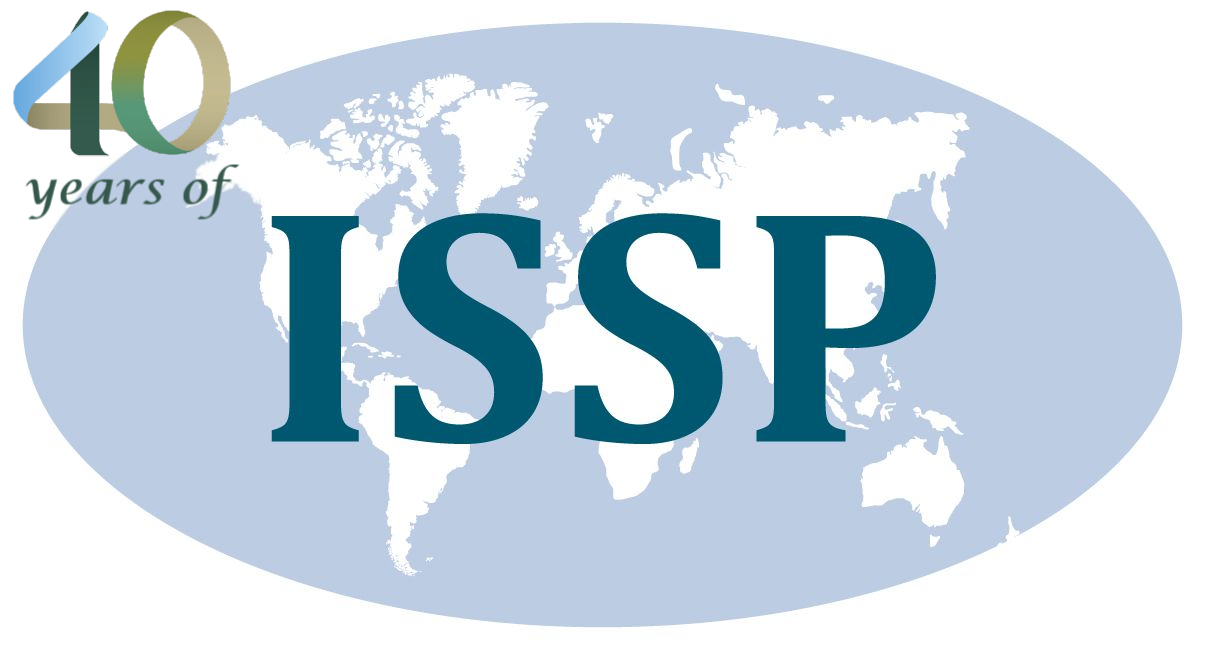Applying for ISSP Membership
Are you interested in becoming a member of the International Social Survey Programme? Membership to the ISSP is institutional and by country. In some cases, several institutions within a country collaborate on ISSP research, as seen in examples like France and Spain.
Membership requirements
Members agree to conduct ISSP surveys in accordance with fixed ISSP requirements. To apply, interested institutions must submit the following materials:
- Application Form: Complete a set of standard questions and provide a detailed description of the proposed sample design. The application form can be downloaded here.
- Letter of Application: Please include examples of research conducted by the applying organisation(s).
- Organisational Profile: Provide a detailed profile for each institution involved in the application.
For a comprehensive guide to the application process, membership requirements, and the benefits of joining the ISSP, please refer to our detailed guide: How to Become an ISSP Member.
If you have any questions or need further assistance, please contact the ISSP Secretariat.
What motivated your country or institution to join the ISSP?
- Attractive modules
- High-quality methodology
- Global geographic coverage
- The opportunity to keep up to date with the latest developments in social survey methods, fieldwork techniques, quality control, etc
- Become part of the research elite and gain valuable knowledge
- Transfer expertise to the local research community
Please if you could share a positive experience about the ISSP?
“You learn more about cultural differences at the annual meetings during the questionnaire discussions than from any textbook.”
What is the benefit of the ISSP for your country or institution?
“To understand human society worldwide one needs scientifically valid and reliable data and the ISSP has diligently provided that for 40 years.”
What makes the ISSP unique with regards to the broader survey landscape?
“There are many particular aspects of the ISSP that are special, but I would like to stress what makes us similar to other high-quality, cross-national surveys such as the ESS and SHARE. We combine theoretically-driven research with scientifically-designed methods to produce valuable knowledge about human societies.”
What makes the ISSP unique with regards to the broader survey landscape?
“The very democratic and bottom-up approach to survey themes and decision making as well as the uniquely friendly collegial collaboration.”
What makes the ISSP unique with regards to the broader survey landscape?
“The ISSP shares many features and experiences with other cross-national projects like the ESS and SHARE. What is perhaps most unique is it has flourished without any centralized, core funding.”
What do you see as the biggest challenges for the ISSP in the future?
“Being able to ensure broad membership over time, and the ability to identify themes, concepts and questions that remain relevant on a global level.”
What makes the ISSP unique with regards to the broader survey landscape?
“It is undeniable that the combination of an unparalleled international scope and an annually replicated theme over time is what makes the ISSP truly unique. In addition, the questionnaire includes a significant number of sociodemographic variables that can potentially explain trends.”
